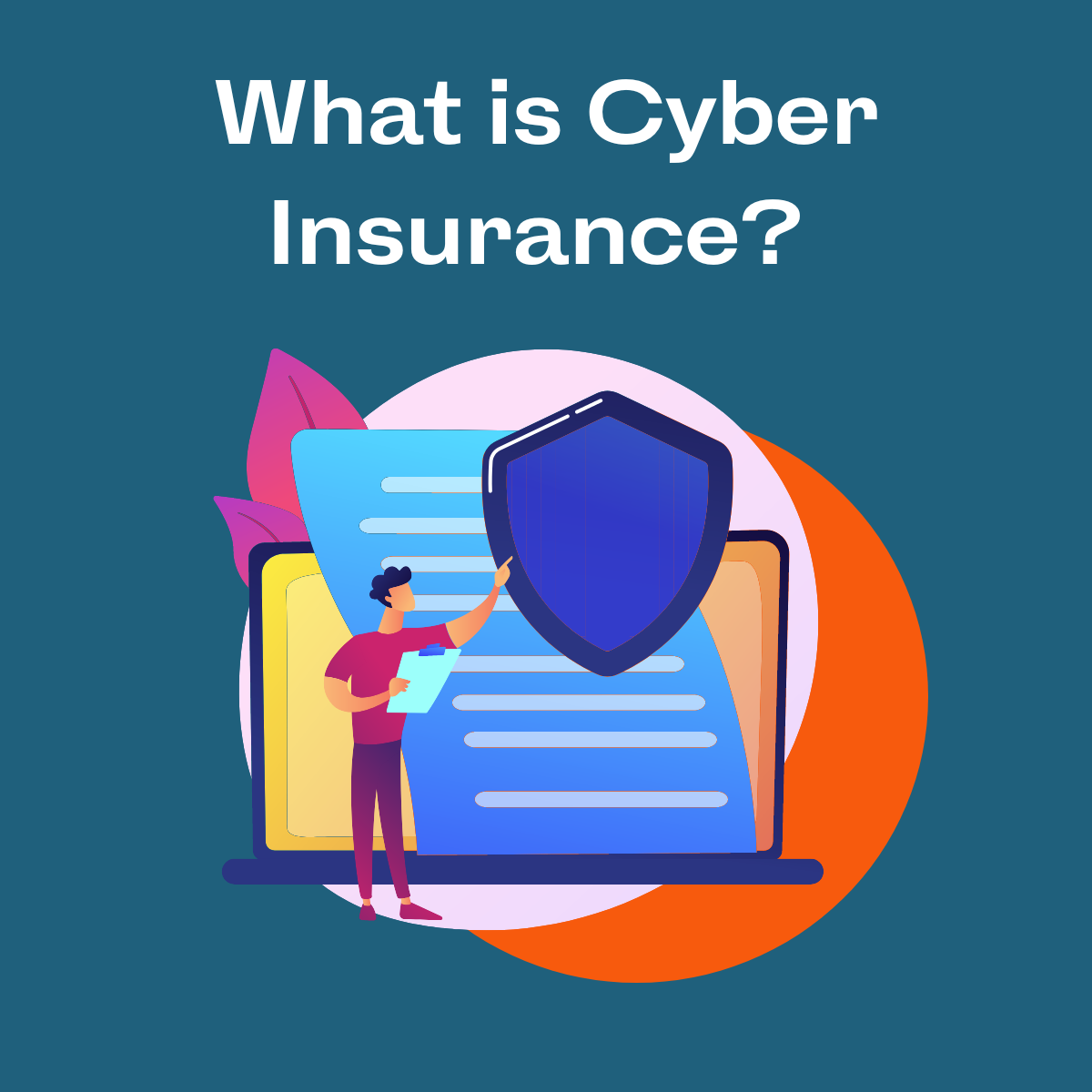Cyber insurance, also known as cyber risk or cyber liability insurance, is a type of coverage made to guard your company from hazards present in the digital era, such as data breaches and destructive cyberattacks on office computers.
A company is in charge of its own cyber security, but having the correct insurance will ensure that you are not in the dark in the case of a cyber assault. Your firm will receive essential support from cyber liability insurance to help it survive.
What does Cyber Insurance Cover?
Most cyber insurance plans will pay for first-party and third-party financial and reputational losses in the case of a cyber attack if data or electronic systems have been lost, destroyed, stolen, or corrupted.
The cost of a cybercrime investigation, data recovery following a security breach, computer system restoration, lost income from a business shutdown, reputation management, extortion payments from hackers, and notification costs, should you need to inform affected third parties, are all covered for the business involved—the first-party.
Damages and settlements as well as the expense of defending yourself in court against allegations of a GDPR violation are covered by third parties (as a consequence of claims made against you).
Who needs Cyber Insurance?
If your company utilises, sends, or saves electronic data, cyber insurance can be beneficial. Cyber insurance can help with the expense of recovery. That data, whether it belongs to the company or is sensitive customer information, is susceptible to cyber-attacks and data breaches.
Because it provides financial support in the event of the worst, cyber insurance is a crucial component of small company insurance.
How much does Cyber Insurance Cost?
The yearly income of the organisation, the sector it operates in, the type of data handled, and the degree of network security are just a few of the variables that affect the price of cyber insurance. Because some industries are more susceptible to cybercrime, they will need a higher level of protection.
Businesses that handle a lot of personal data, like those in the financial and healthcare industries, are at more risk than, say, those in the catering industry.
Contact us to get an idea of how much it would cost you for Cyber Insurance.
What are the most common Cybercrimes?
Unfortunately, cybercrime may affect even some of the most tech-savvy people. Even though there are many other kinds of criminal activity taking place online, the following are some frequent cybercrimes to be aware of:
- Malware
a kind of malicious software that may infiltrate your computers through phishing schemes and by taking advantage of software flaws. Once installed, the hacker has access to eavesdrop on internet activity and take personal information. - Ransomware
The virus that assaults your computer system and encrypts data is known as this. In order to get the data back, the attacker will next demand a ransom payment. As a safety measure, you should create a data recovery strategy and have at least one copy of your data on hand. - Hacking
The phrase “cyber hacking” refers to the partial or total takeover of a computer system or certain computer-related services. While there are several ways to do this, the main objective is often to get access to crucial data.
You can read more about these in our most recent blog, 5 biggest cyber security threats for SME’s.
______________
Talbot Jones Ltd is a family-run Chartered Insurance Broker specialising in Third Sector and Professional risks. Get in touch for free insurance advice, review or quotation.
Talbot Jones Ltd incorporates March Insurance Services, a Chartered Insurance Broker specialising in Agricultural and Hospitality Risks.





